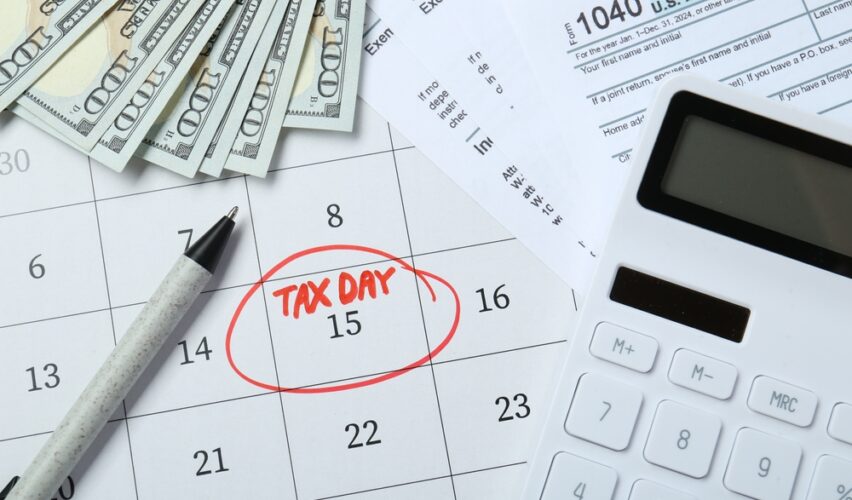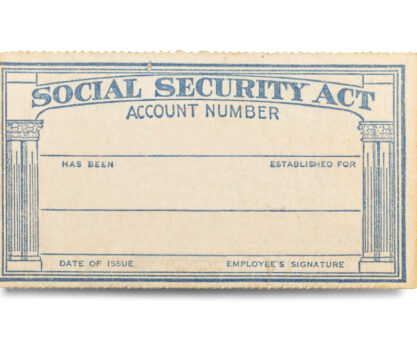According to a 2022 survey conducted by the Senior Citizens League, approximately 75% of Americans approaching retirement seriously underestimate the income taxes they’ll owe on their retirement income. Worse, nearly half believe they won’t owe any taxes on their Social Security benefits. Considering that all of your federal retirement income is subject to federal income taxes, you may be in for a big shock.
As Much As 90% Of Your FERS Pension Is Taxable
During your working years, you paid into your FERS pension with post-tax dollars. Once you retire, the portion you contributed is tax free. However, your contribution is a small percentage of your annuity. As much as 90% or more of your annuity is taxable because:
- It’s comprised of the government’s untaxed contributions to your retirement.
- It includes taxable earnings that accrue on both your contributions and the government’s contributions.
“Without a tax plan for retirement, you may be withdrawing funds from your TSP at a faster rate to cover what you owe Uncle Sam.”
50% To 85% Your Social Security Is Taxable
When your combined income in a given year exceeds thresholds established by the IRS, 50% to 85% of your Social Security benefit is taxable as income. Here are the current thresholds:
If you file a federal tax return as an “individual” and your combined income is between:
- $25,000 and $34,000, you may have to pay income tax on up to 50% of your benefits.
- More than $34,000, up to 85% of your benefits may be taxable.
If you file a joint return, and you and your spouse have a combined income between:
- $32,000 and $44,000, you may have to pay income tax on up to 50% of your benefits.
- More than $44,000, up to 85% of your benefits may be taxable.
100% Of Your Traditional TSP Distributions & Withdrawals Are Taxable
During your career, your tax-deferred contributions to your traditional Thrift Savings Plan (TSP) lowered your tax burden. Once you retire, each year, every dollar you withdraw from your TSP is 100% taxable.
Other Taxes To Expect In Retirement
- Rising real estate taxes on your primary residence and vacation homes
- Depending on your state tax laws, you may owe state income taxes on your annuity, Social Security and TSP distributions
- A higher federal tax bracket after one spouse dies because single filers generally pay higher taxes on income than married couples
Without a tax plan for retirement, you may be withdrawing funds from your TSP at a faster rate to cover what you owe Uncle Sam. To learn more, connect with an FRC® trained advisor who can recommend a knowledgeable tax professional in your area.



























